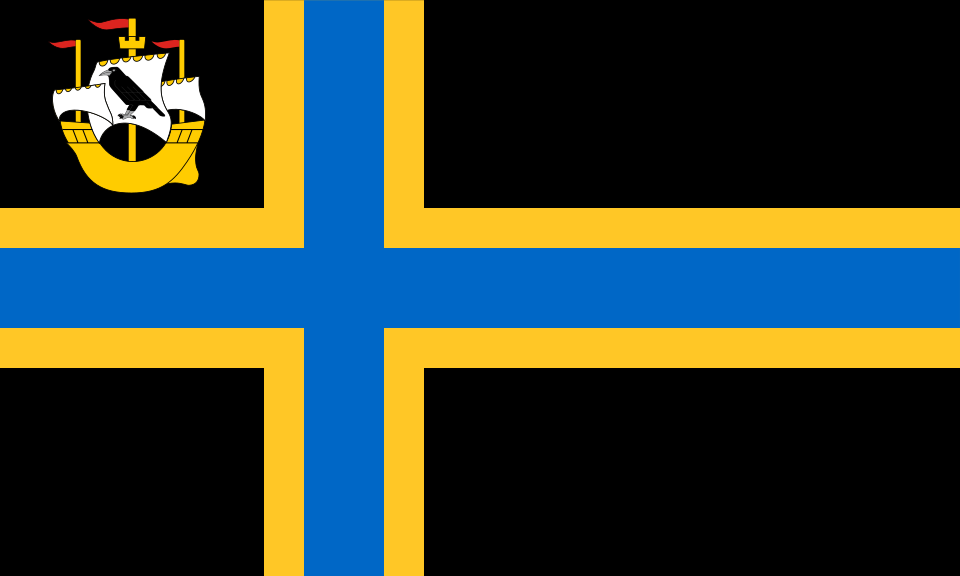Viking Studies MLitt Student Shares His Research on Caithness Norse Place Names
Seagulls and Standing Stones, Bishops and Butter, Bagpipes and Bullets: The Norse in Caithness Memory
This blog post was written by UHI Institute for Northern Studies MLitt Viking Studies student, Stephen Barnaby.
I grew up in Thurso, surrounded by streets named after luminaries from the days of the northern Norse jarldoms: Sigurd, Thorfinn, Sweyn, Harold, Magnus. I’d like to claim these dated from the eleventh and twelfth centuries, but they consisted of pebble-dashed and faux-Scandinavian wooden-fronted semi-detached houses, built in the 1950s to house those coming up (and, I’m guessing, it was always ‘up’) to work at the newly constructed fast reactor Dounreay.
My father was one of these migrants - that’s right, I’m from a nuclear family – although we came somewhat later, and did not live in a Norse-named street. We had, though, a wonderful view – on rare, haar-less days – of the isle the Norse named Háey, Hoy, ‘high island’, due to its distinctly un-Orcadian loftiness. Not until fifty years after our original move did I actually get the chance to visit there and experience that remarkable phenomenon whereby it can be July in the rest of Orkney but December in Hoy.
Still, those street names give a flavour of Caithness’ attachment to its Norse heritage. After all, they were not named by an ‘Atomicker’ – as the incoming nuclear hordes were known - but by Reay-born Donald Carmichael, Dounreay’s first general secretary. The northeast of Caithness, in particular, abounds with placenames of Norse origin. These include those traditional sworn enemies Wick, from vík, ‘inlet or bay’, and my old hometown Thurso, from from Þórsá, literally ‘Þórr’s River’', although debate remains over whether this was actually either Þjórsá, ‘bull’s river’, or else a ‘Norse-ification’ of an extant Pictish name, particularly given that the Norse apparently called Thurso River skínandi, ‘the shining one’. The latter is now the name of a night-club in Thurso, which I can personally verify does not date back to viking times.
